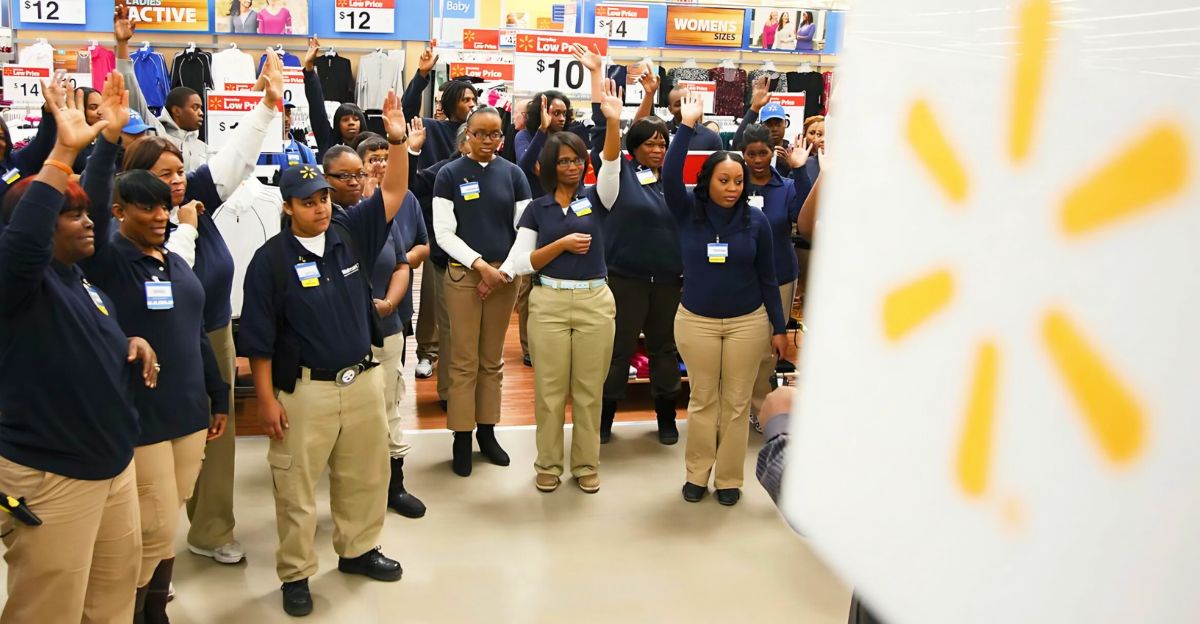
The crisis started quietly but spread fast across Walmart stores in Florida and Texas. Workers showed up to find coworkers suddenly gone, their shifts wiped off the schedule. Social media buzzed with worry as migrant workers who followed the rules found themselves out of work without warning.
Walmart, known for “everyday low prices,” dealt a harsh blow to these employees after a Supreme Court ruling changed immigration laws. This shows how one court decision turned America’s biggest employer into the center of a sudden immigration enforcement crisis.
The Supreme Court’s Big Decision

The problem wasn’t Walmart’s choice. On May 30, 2025, the Supreme Court gave the Trump administration the green light to end the CHNV parole program. This program, started under Biden in 2023, let over 530,000 migrants from Cuba, Haiti, Nicaragua, and Venezuela live and work legally in the U.S.
It was a temporary program that required security checks and sponsors. When the Court ended it in the Noem v. Svitlana Doe case, it triggered a wave of job losses. Here’s how that caused a major problem for Walmart.
The Job Verification Crisis

Reports from Bloomberg say Walmart is firing workers in Florida and Texas who can’t provide new work permits. The company told these employees they must show updated authorization or face termination. Lawyers call this a “compliance crisis” because employers risk heavy fines, up to $28,619 per unauthorized worker, if they keep staff without legal permission.
But probing too hard risks discrimination claims. These firings connect to federal rules requiring employers to verify work eligibility through Form I-9.
What’s Happening Inside Walmart Stores
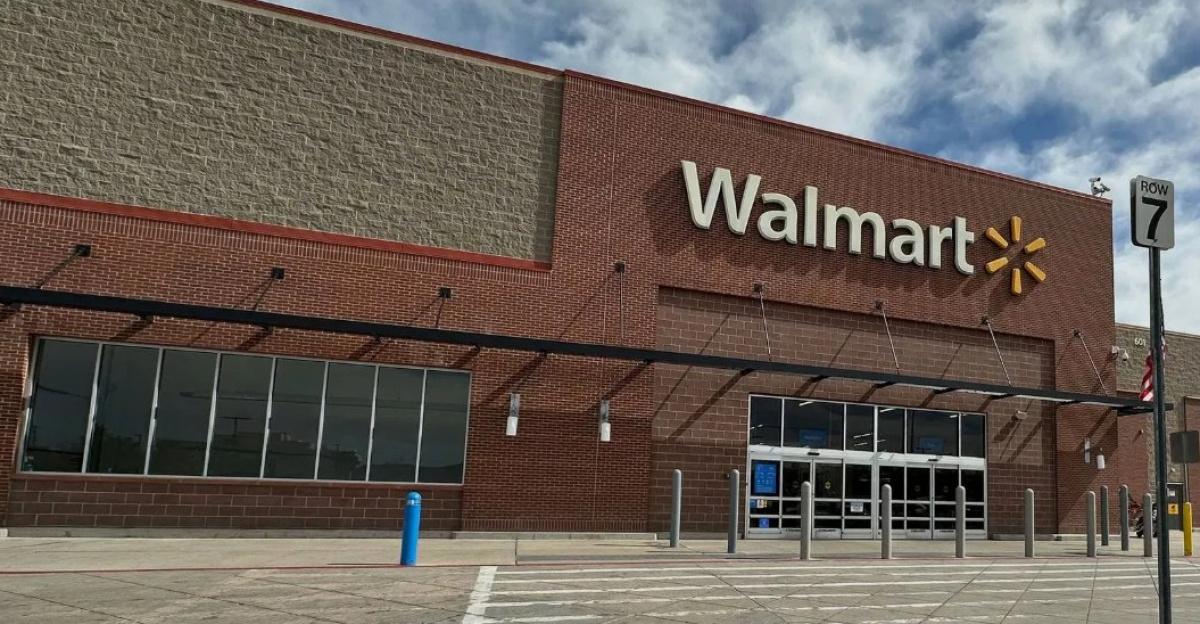
Walk into a Walmart hit by these layoffs, and you’ll see the strain. Departments are short-staffed, shelves may go unstocked, and lines get longer. Remaining employees work extra hard to keep things running. Customers have started noticing slower service.
A company once praised for efficiency now faces tough challenges just to stay open. The stress on staff is growing, and stores struggle with fewer workers. But the problem isn’t simple. Walmart also faces a legal balancing act.
Walmart’s Legal Tightrope
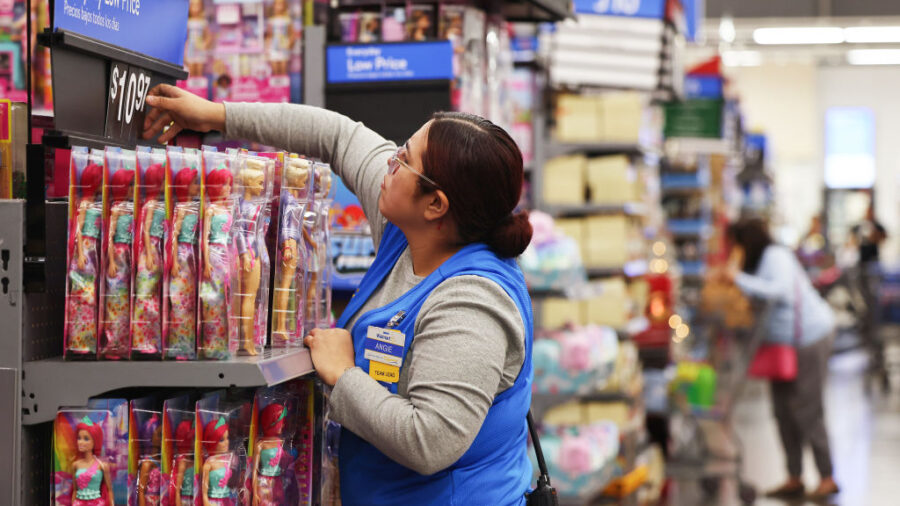
Walmart must follow strict immigration laws or risk fines ranging from $716 to $28,619 per worker for repeated violations if they keep unauthorized employees. But there’s also a risk of lawsuits from the Department of Justice if Walmart’s work checks lead to discrimination based on origin or citizenship.
Lawyers call this a “compliance crisis.” Workers who had valid documents lost their authorization suddenly, leaving Walmart in a tough spot. The company faces impossible choices between obeying the law and treating workers fairly. The impact is stronger in certain states, which we’ll look at next.
Florida and Texas Feel the Most Pain
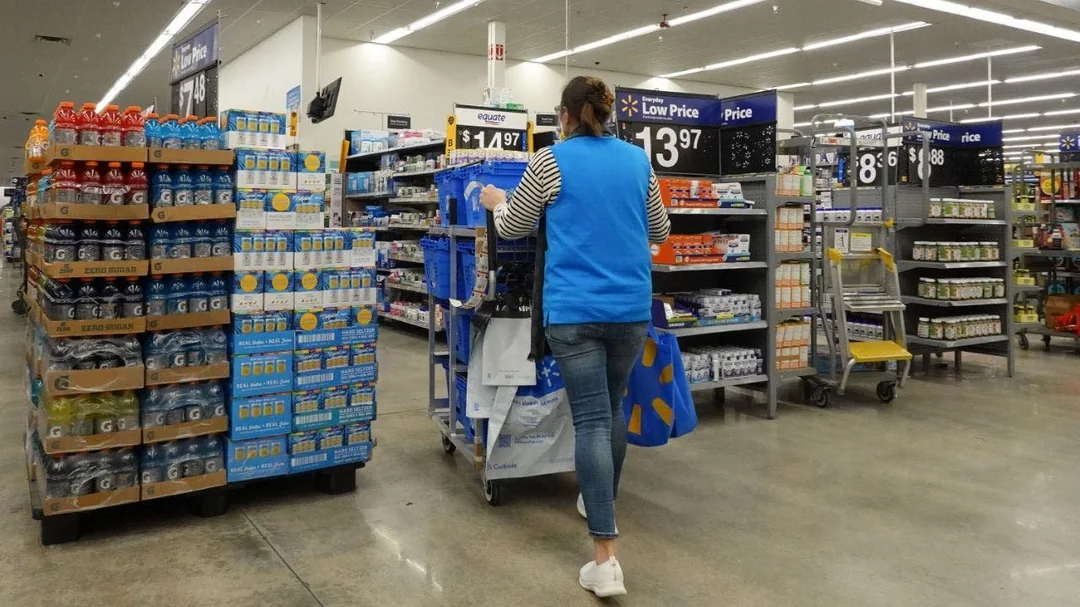
Florida and Texas are hardest hit because they have the most CHNV workers. These states, close to the border, were main entry points for migrants under the parole program. Walmart stores there have reported job losses, with at least two Florida stores confirming firings.
The crisis is focused where the migrant populations are largest, making the problem uneven across the country. Some Walmart locations lose many employees while others stay steady. This patchwork problem means different stores face different struggles. But Walmart isn’t alone in this, other big companies are acting too.
Other Big Companies Are Cutting Jobs Too

Walmart isn’t the only company dealing with this problem. Disney has put 45 cast members on unpaid leave, warning they’ll be fired if they don’t update work permits in 30 days. Many employers in retail, hospitality, manufacturing, and food processing are checking workers’ status and making layoffs.
These companies want to avoid legal trouble while keeping business going. This coordinated effort shows the broad impact of ending the CHNV program. But the economic fallout may be even bigger, affecting more industries.
What This Means for the Economy

Experts warn the job cuts will ripple through the U.S. labor market. With over 530,000 workers losing authorization, sectors like agriculture and healthcare could also see disruption. This “domino effect” means fewer workers, more pressure on those left, higher turnover, and rising costs.
Companies may struggle to provide good service. The immediate crisis at Walmart and Disney is just the start. This could change how industries relying on immigrant labor operate for years. But beyond economics, there’s a human side we need to understand.
The Real People Behind the Numbers
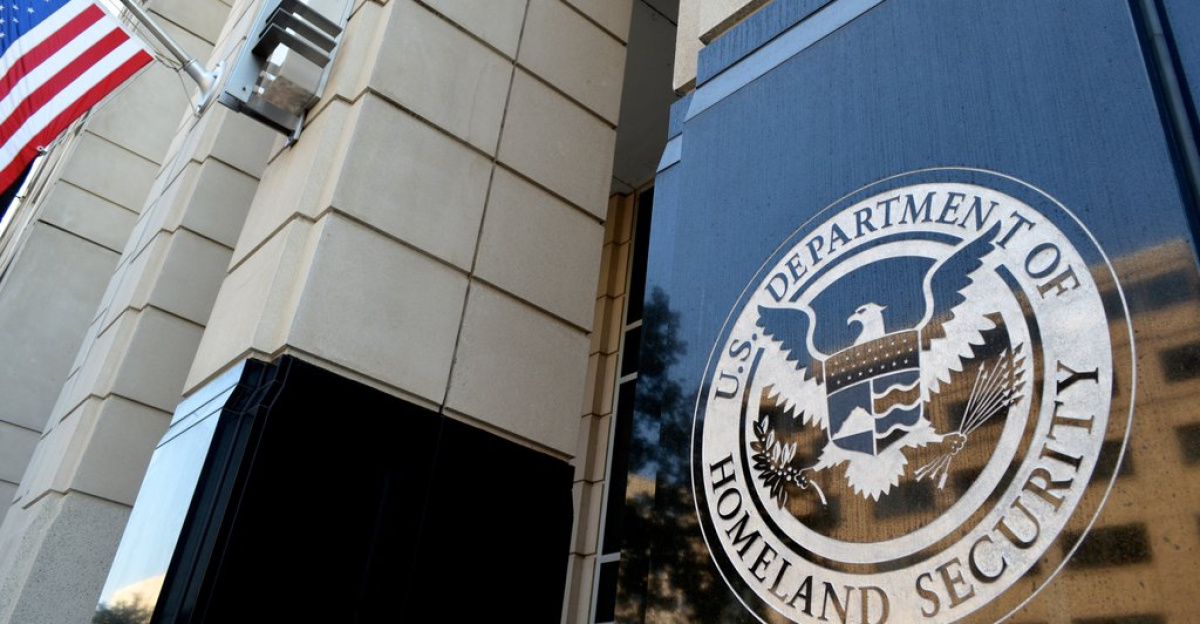
The workers losing jobs say they feel betrayed. Many followed legal steps and believed their permits were secure. They got emails from DHS suddenly saying their status and work authorization were canceled immediately. Families face uncertainty and fear.
Community groups say this has created deep worry among affected workers. These are people who played by the rules and now face unemployment and hardship. Their stories show how sudden policy changes affect real lives.
What’s Next for Walmart and Others?

Walmart now faces tough choices about rebuilding its workforce while following immigration rules. More layoffs may come, causing longer understaffing and more changes. Experts warn this could happen with other immigration programs, affecting more workers. If America’s biggest employer struggles, smaller businesses may face bigger problems.
The big question: will clearer policies help companies avoid legal traps, or is this the new normal? Walmart’s experience may show what the future holds for retail, balancing worker rights, legal demands, and keeping shelves stocked in a changing America.
